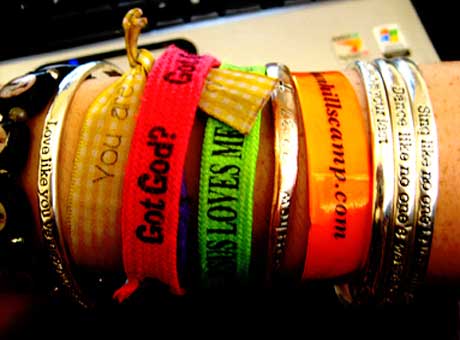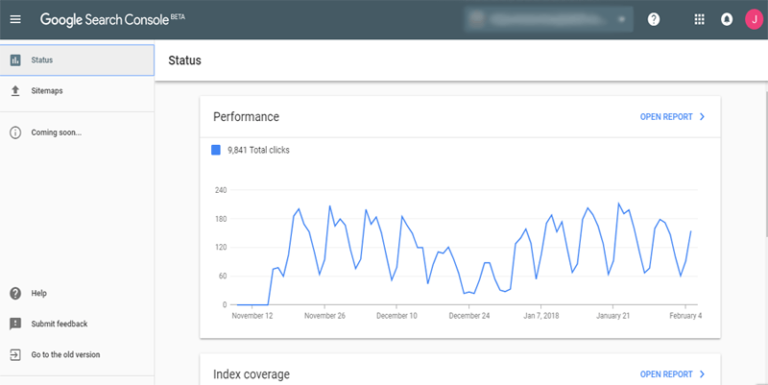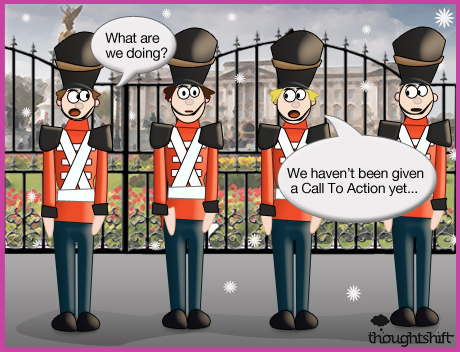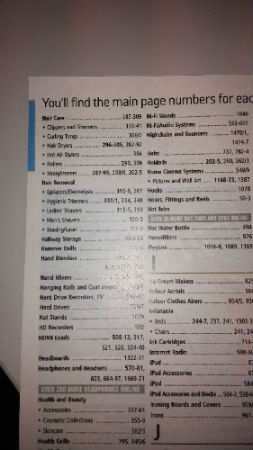Clicking “Like” on Facebook can reveal intimate details about your personality
Clicking the “Like” button on Facebook can reveal a lot more about you than just your taste in music, books, brands and hobbies. According to a study by psychologist Michal Kosinski and his team at the University of Cambridge as well as Microsoft Research, it can also reveal many other things about a person such as sexual orientation, drug use, intelligence, religious affiliation, openness and even whether your parents separated before you were 21.

Nonsense or not?
Hmmmm. “What a load of nonsense” I hear you scoff. Well, scoff away, but fortunately or unfortunately (depending on your view point), the study did manage to reveal such details, in some cases with frightening accuracy, continuing the debate on the usage of Big Data for personalised marketing and of course online privacy.
How was the study conducted?

Predicting a person”s personality traits and even intimate details became possible by way of using social media, with the development of the myPersonality Facebook app by Koinski and his Cambridge colleague David Stillwell. Over 58,000 US based volunteers used the app to answer questions as well as taking psychological tests measuring life satisfaction, competitiveness, intelligence, extraversion/introversion. Koinski and his team then compared this data with each person”s Facebook Likes. Using the data comparison in a computer program, they were then able to predict traits for other participants in the project based only on their Facebook Likes. Most of the profiles had anywhere between 0-500 Likes but the average amount of Likes were 170.
Just some of the findings…
- Liking “Morgan Freeman’s Voice”, ‘Thunderstorms,’ and “Curly Fries” indicated a high level of intelligence
- Liking “Harley-Davidson”, ‘Sephora’ and ‘I Love Being A Mom,’ indicated lower intelligence
- Predicting attributes such as homosexuality was 88% accurate for men and 75% for women
- Predicting political party membership- 85% accurate
- Predicting use of cigarettes- 73% accurate
- Predicting use of drugs- 65% accurate
- Predicting a person’s parents had split before they turned 21- 60% accurate
- Predicting whether a person was Christian or Muslim- 82% accurate

Of course some of the most accurate ‘Likes’ made intuitive or common sense such as a gay men liking ‘Glee’ and ‘Wicked The Musical’ or Christians liking ‘Jesus’ but it is important to note that ‘few users were associated with Likes explicitly revealing their attributes. For example, less than 5% of users labelled as gay were connected with explicitly gay groups, such as the ‘No H8 Campaign’, ‘Being Gay’ and ‘Gay Marriage’,…Oh and don’t forget the odd, intriguing connections such as linking curly fries to intelligence.
So what does all this mean for marketers?
“The dream of every marketer is to learn more about their customers so they can deliver more useful content and gain more trust,” says social media marketing expert Adam Steinberg of the Atlanta digital marketing firm Silverpop. Therefore being able to accurately predict people’s personal attributes from their Facebook Likes and combining this with data from their browsing history and purchasing history could indeed make for a powerful knowledge base for marketers to use in order to reach their target audience.
How could they use this data?
Not only could they reach them more effectively but they could tailor ads more specifically. We already have targeted ads popping up on our screens on many platforms such as Facebook and don’t forget our personalised Amazon recommendations, but these could only get better and provide us with a more personalised online experience. Marketing could even be improved by taking into consideration the psychological profiles of users collated from digital data. For example, the report published by The University of Cambridge’s team in PNAS said ‘online insurance advertisements might emphasize security when facing emotionally unstable (neurotic) users but stress potential threats when dealing with emotionally stable ones’.
Promise and perils

Whilst this may be paving the way towards creating a marketer’s dream it does of course pose the question of online privacy and the possibility of this information harming an individual. If government institutions, commercial companies or individuals use software to infer attributes such as political and religious beliefs and sexual orientation, this could adversely affect people’s well-being and be a threat to their life or freedom even if the inference was incorrect.
A question of trust
Also, if people start to mistrust their online experiences, knowing that their digital traces are being used in such a way, then they may start to use online services less and less. Perhaps the answer as given in the report “Private traits and attributes are predictable from digital records of human behaviour” that ‘…the trust and goodwill among parties interacting in the digital environment can be maintained by providing users with transparency and control over their information..’
The future is personal
Whatever your view point, there is no denying that there are both huge advantages and pitfalls that could come with the use of such Big Data and that our online experiences from browsing to buying are going to become increasingly personalised, not just to what we ‘Like’ but to what we are like.
Are you brave enough? What do your Facebook Likes say about you?
I’m off to click ‘Like’ on curly fries now on my Facebook page (despite never haven eaten them). What about you?
If you fancy doing a free online personality test based on your Facebook Likes, the University of Cambridge study, funded by Microsoft and Boeing, has set up, Youarewhatyoulike.com. Your data will be used in research but all personal details will be stripped out.
(Apart from what underwear you are wearing.) Only kidding.
Hello, thanks for reading! Why not follow my blog for my social media contributions and insights? Alternatively you could be extra daring and sign up to the ThoughtShift Guest List, our monthly email, to keep up-to-date on all our blogposts, guides and events.






